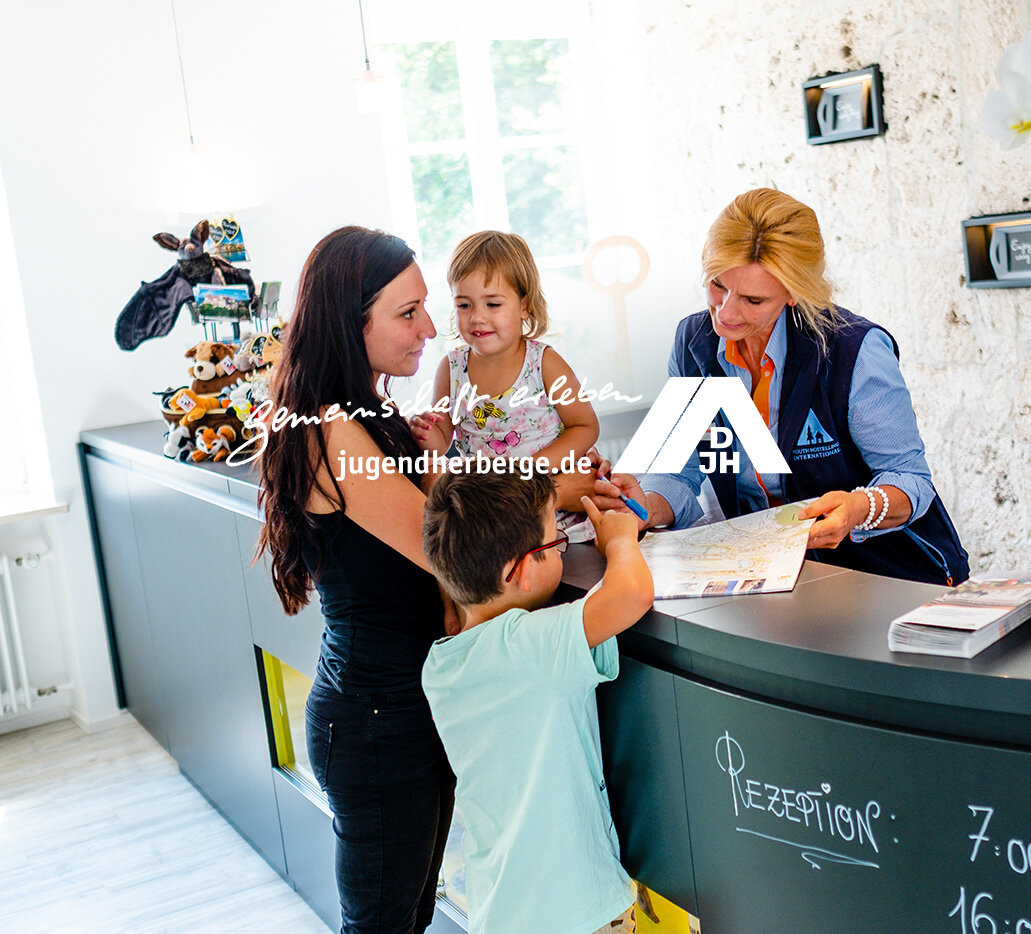From coastal resorts to remote eco-lodges, the tourism and hospitality industry is facing increasing pressure to reduce its environmental impact while maintaining high guest expectations. Energy-intensive operations, international travel emissions, and resource-heavy accommodation models challenge the sector’s climate integrity. However, destinations and businesses are responding—by introducing sustainable tourism practices, improving carbon transparency, and investing in nature-based climate solutions.
FORLIANCE empowers this transformation by developing data-driven climate strategies, enabling sustainable accommodation providers to quantify, reduce, and compensate for emissions. Our solutions are rooted in sector-specific realities and deliver measurable results for your climate goals.



